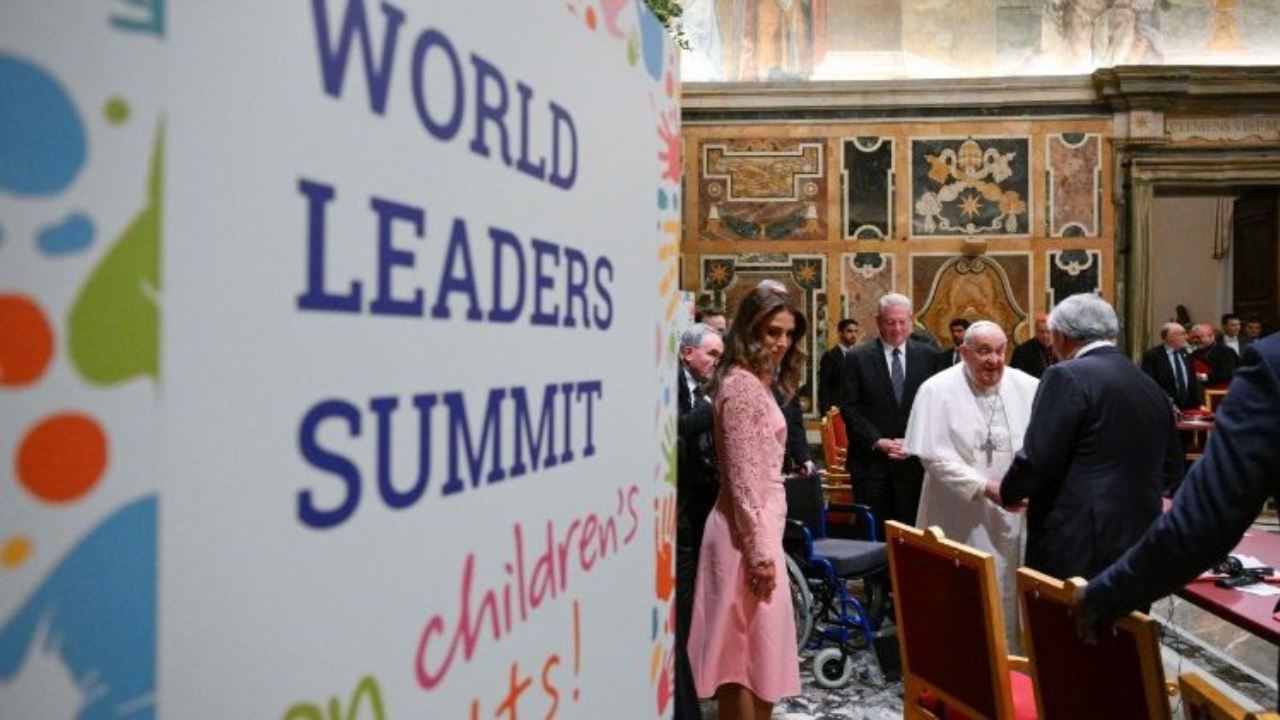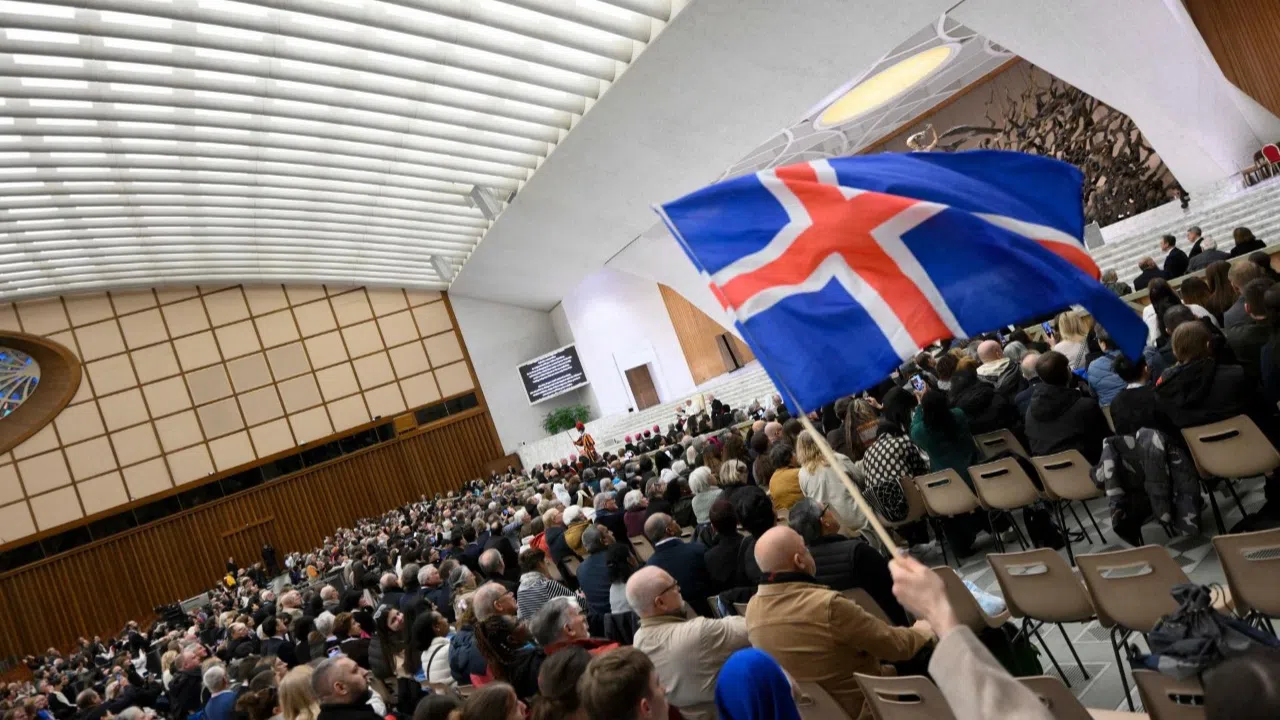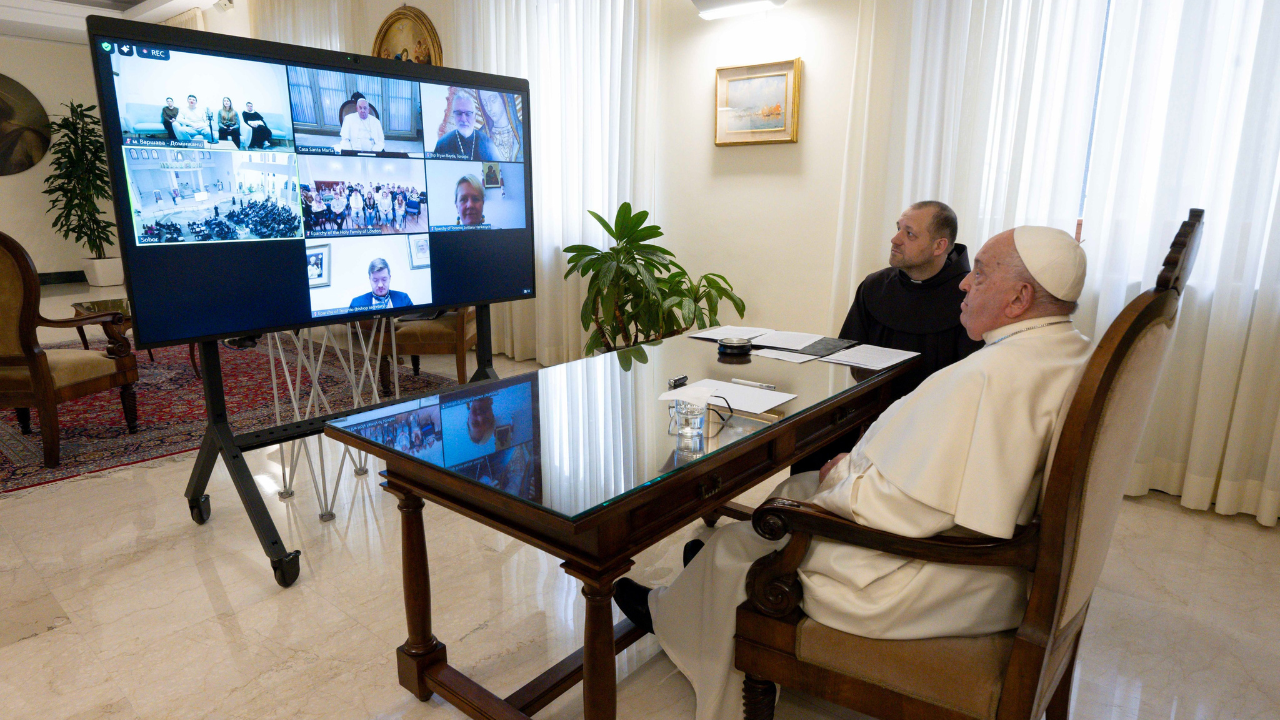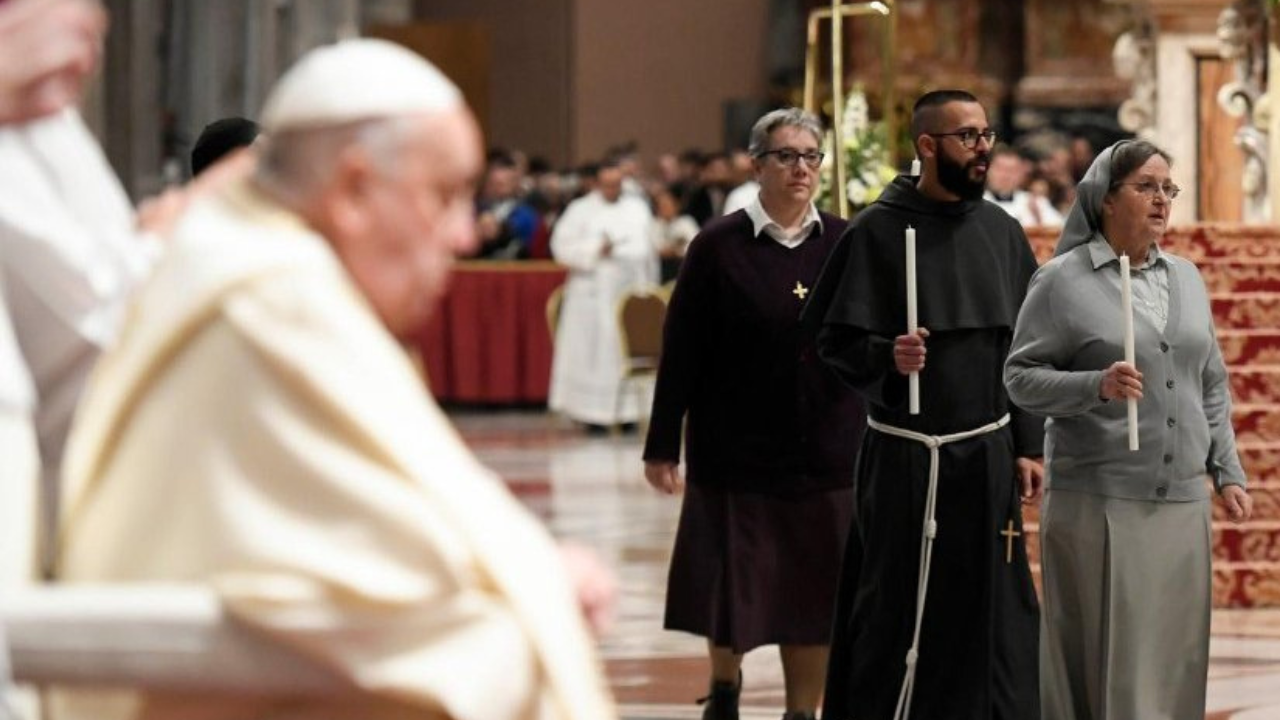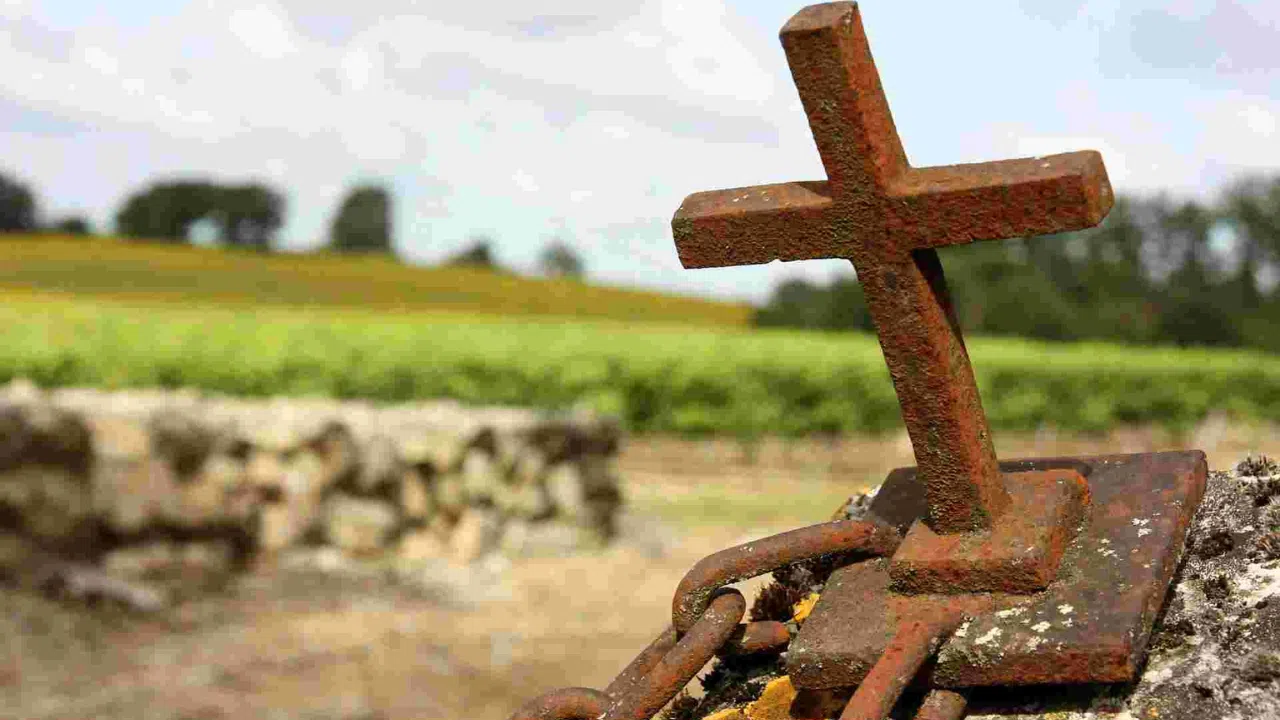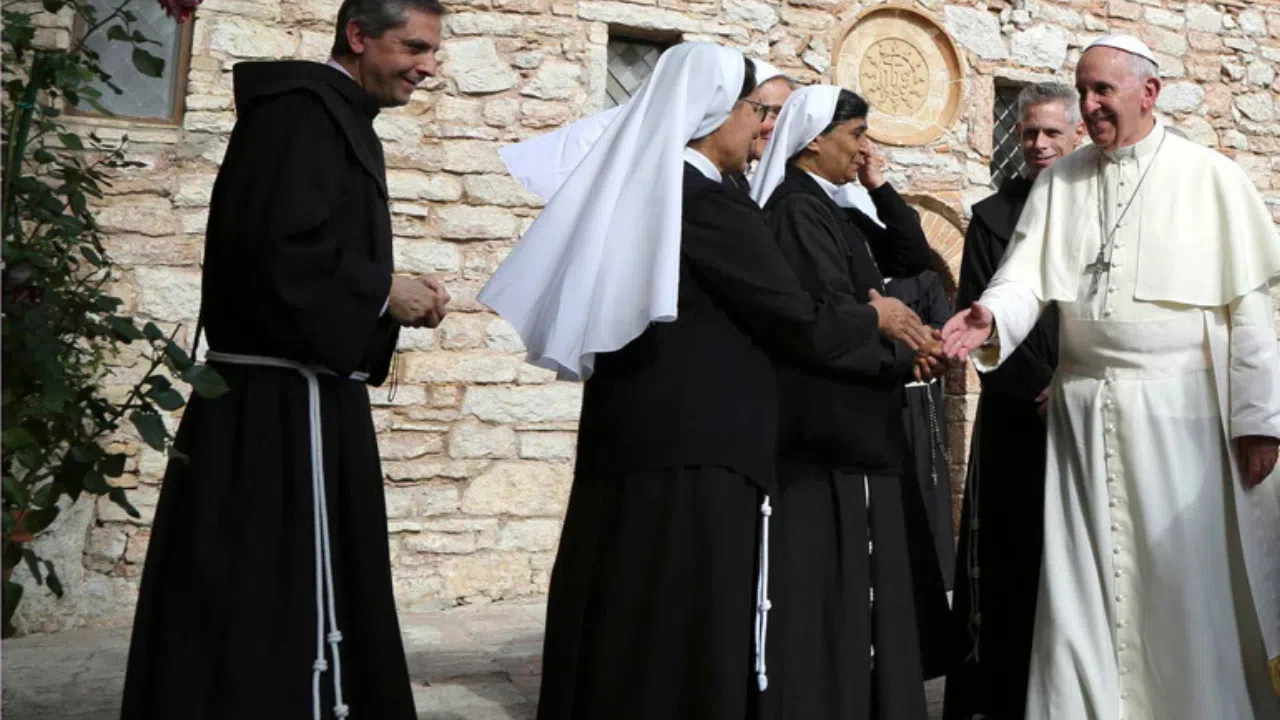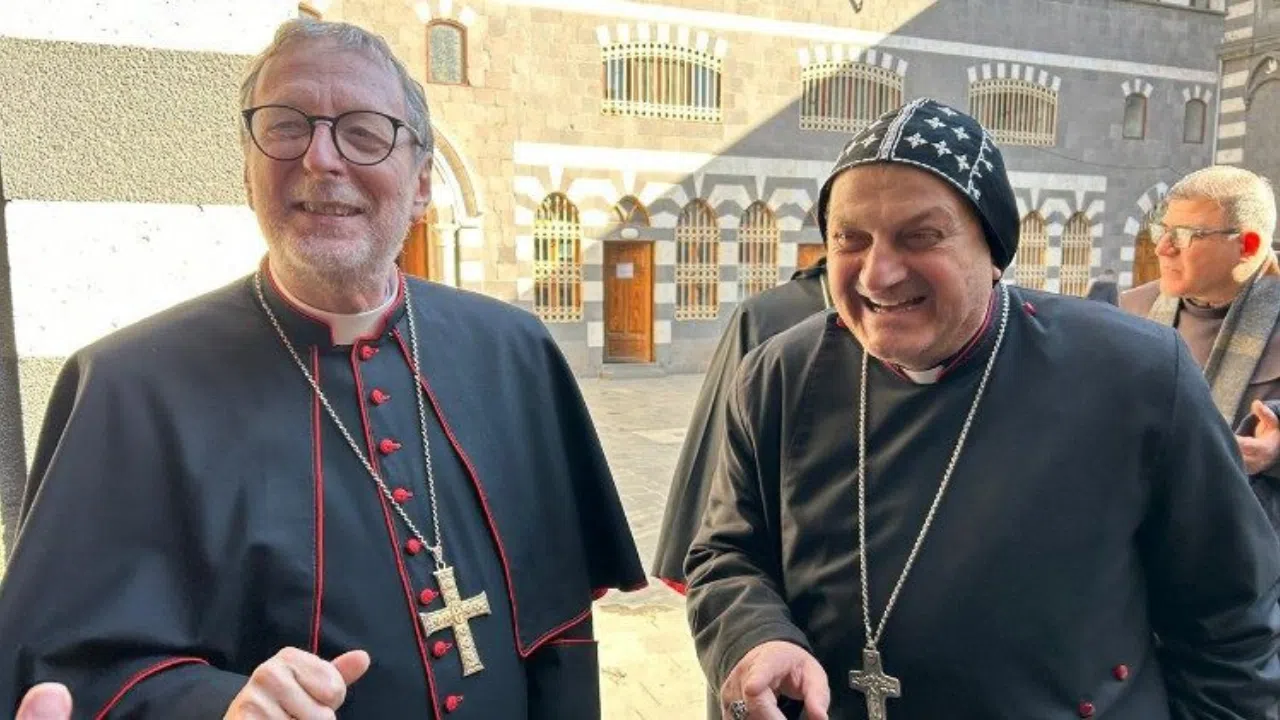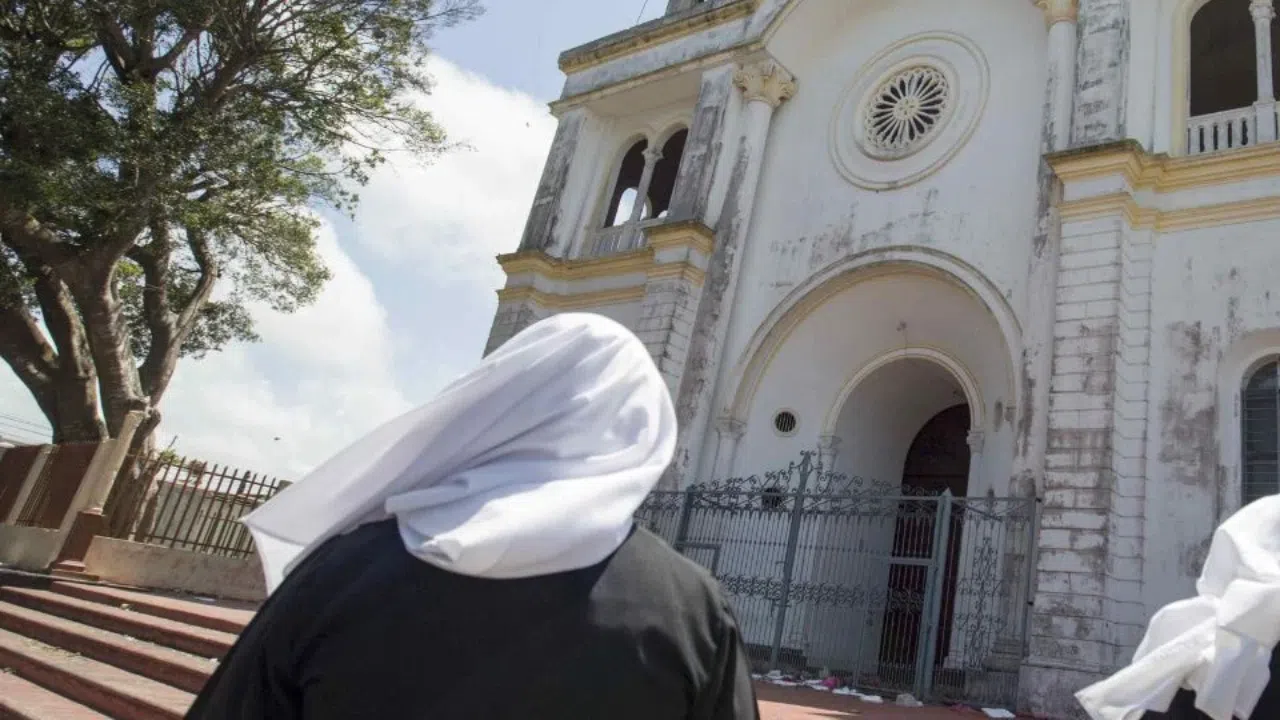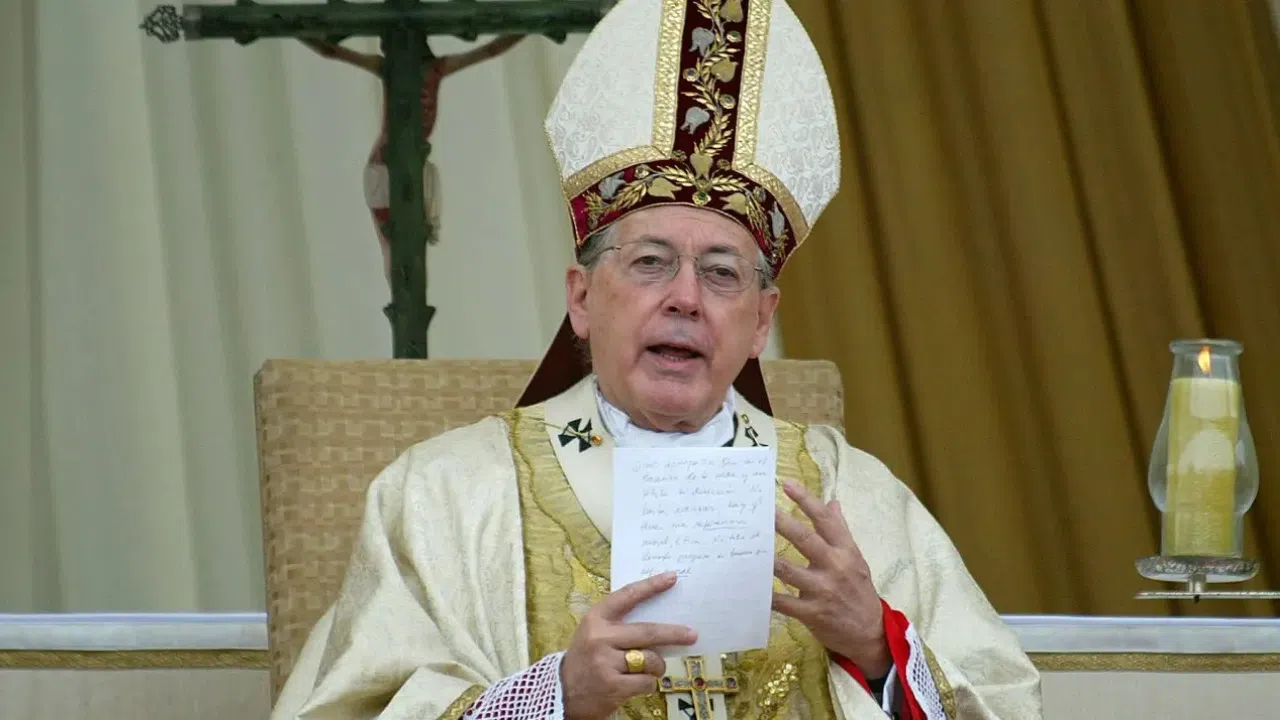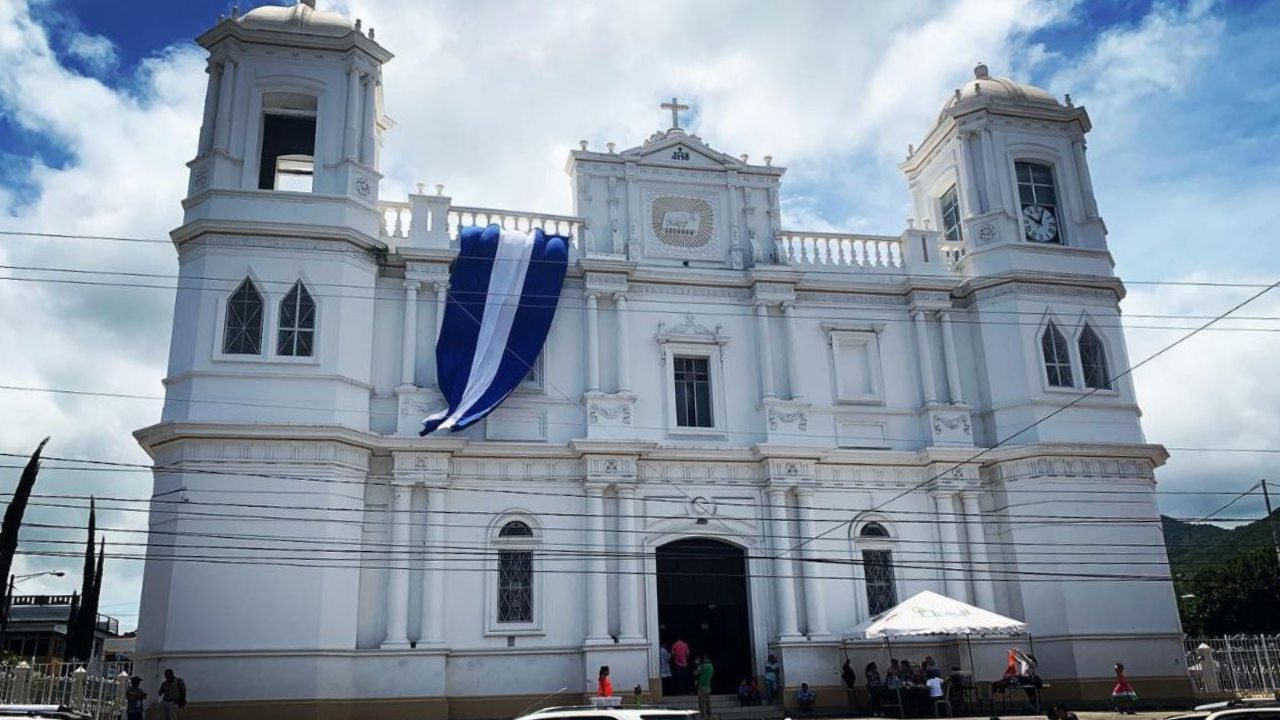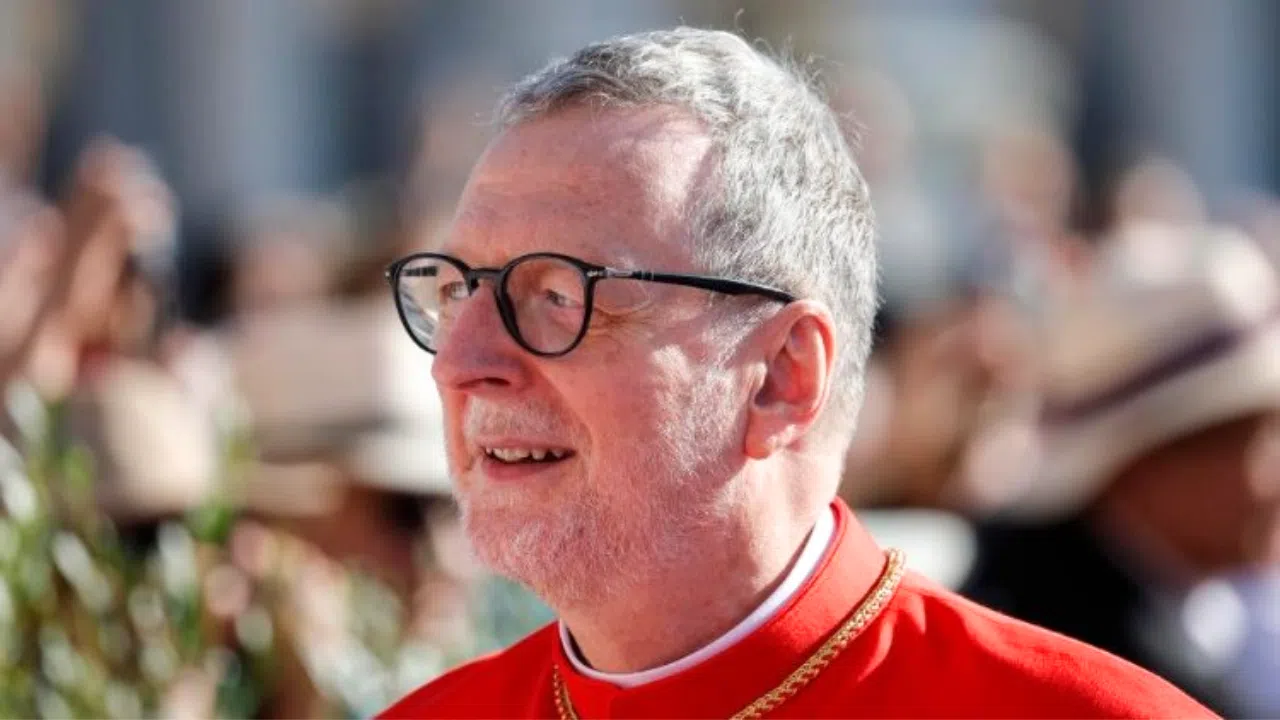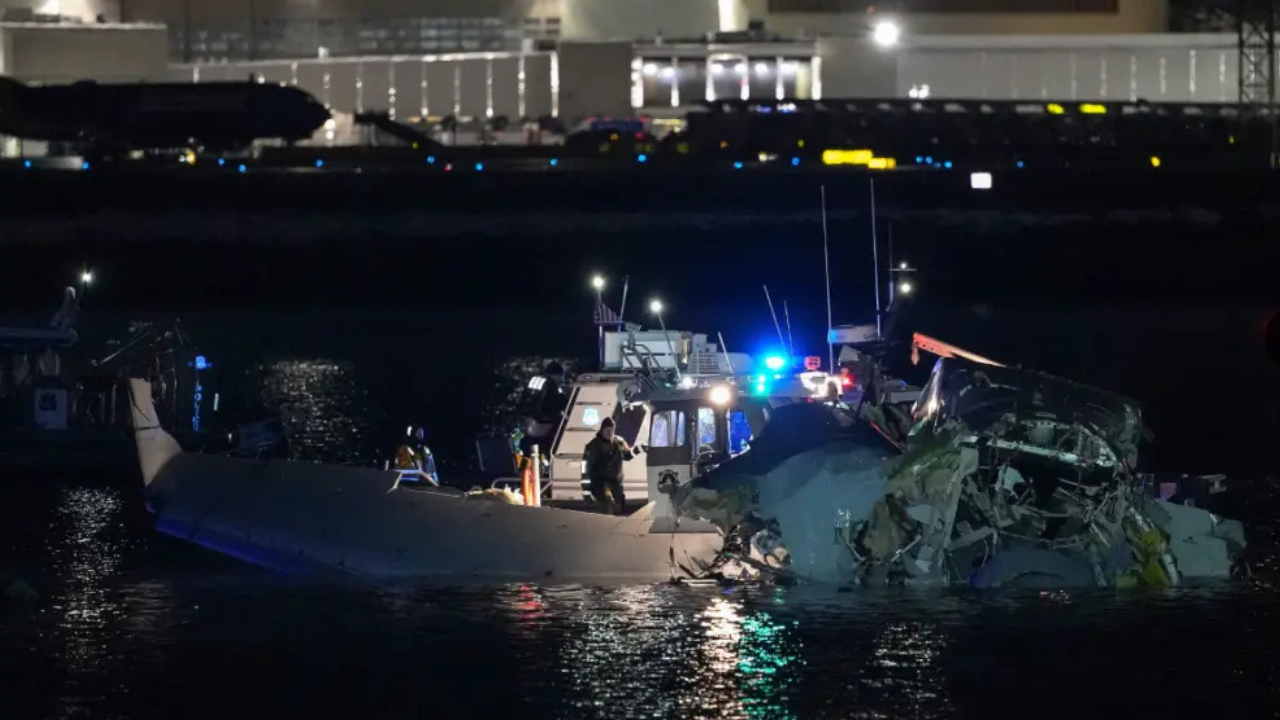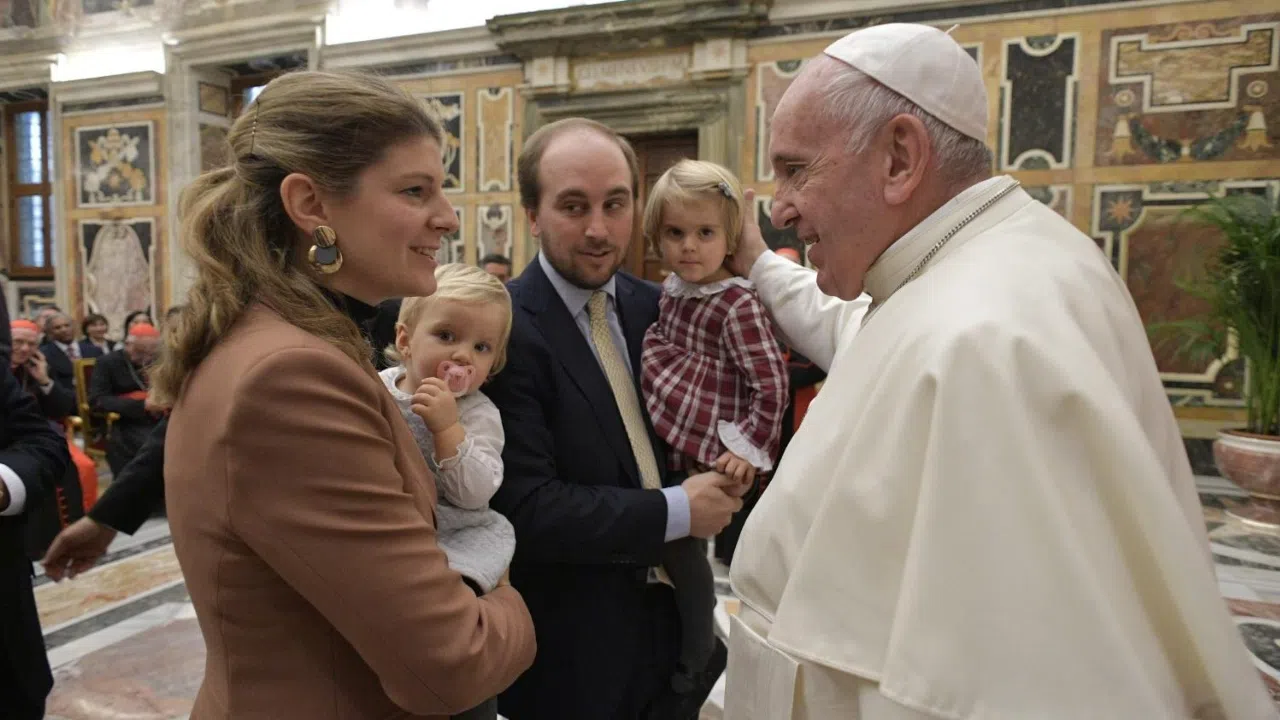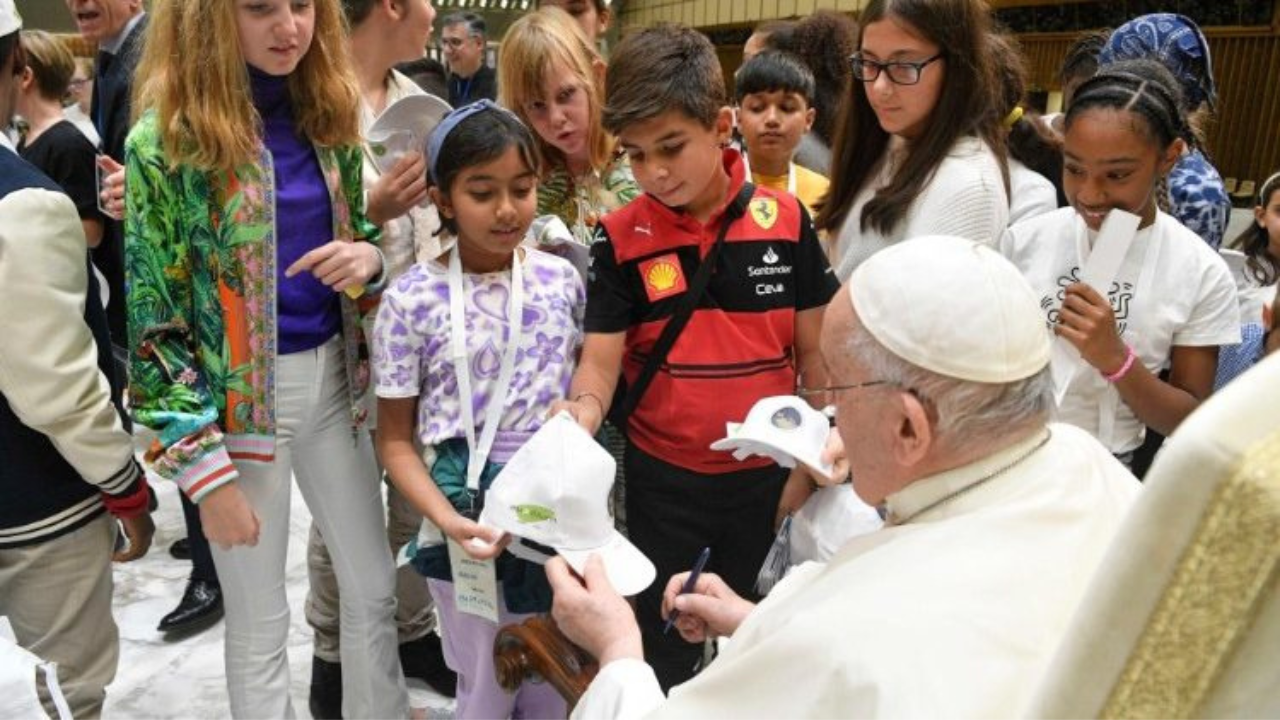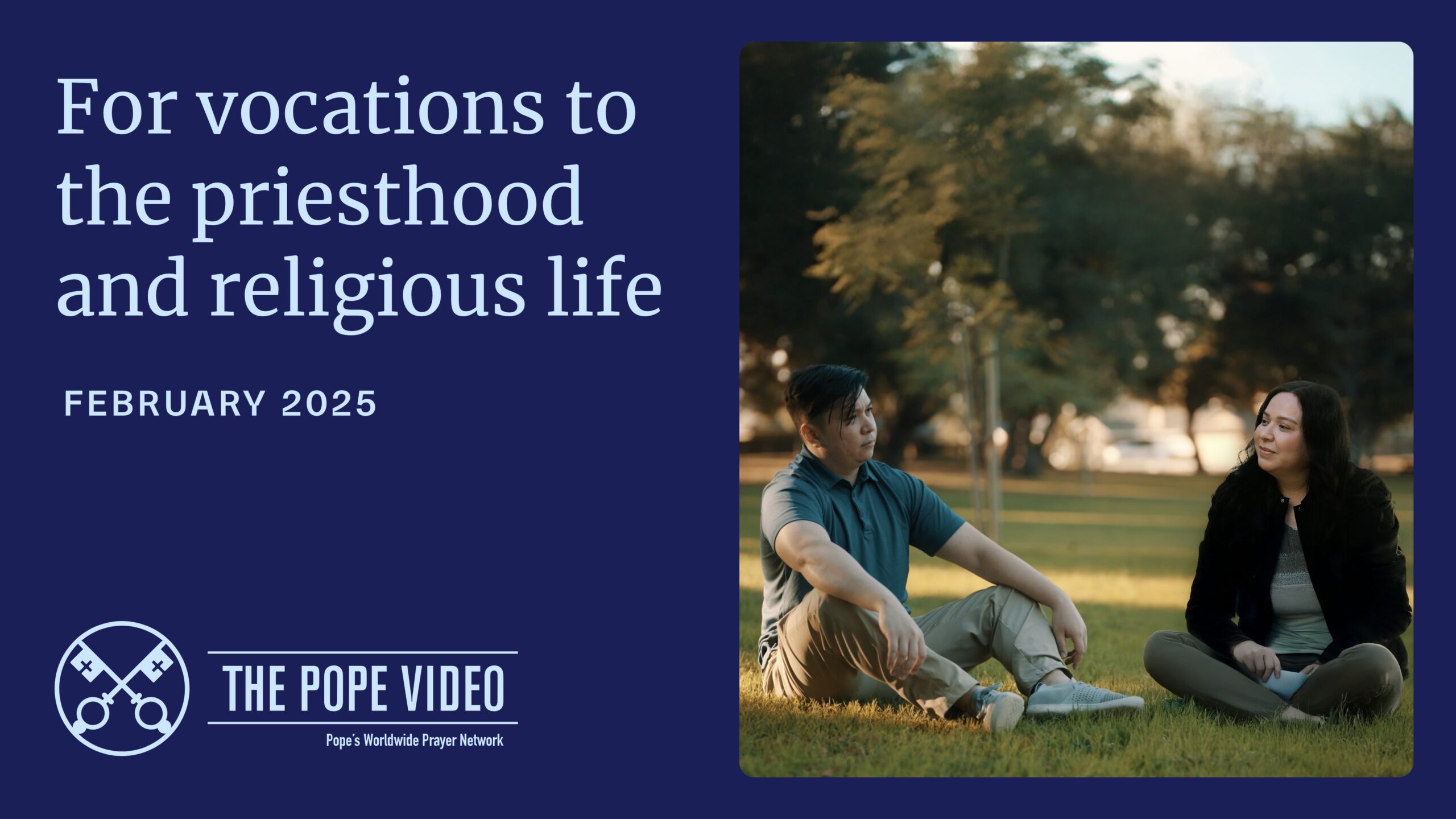The President of the Pontifical Academy for Life, Archbishop Vincenzo Paglia, has gathered ten prominent theologians to produce this document, titled “Rescuing Fraternity, Together.”
He says it addresses a series of topics that are essential to reflect on during the pandemic.
ABP. VINCENZO PAGLIA
President, Pontifical Academy for Life
'I believe the countries in the southern hemisphere must form a new alliance with the north. North America must see the south as its sister, as part of itself. Likewise Europe must feel that Africa is its sister. The pandemic has made us understand that we cannot be saved alone.'
The document is an open letter to academics. It presents the current state of faith in the world and the effects of the global health crisis while reflecting on theology as a common good.
Archbishop Paglia explains how the project was formed after the publication of Pope Francis' encyclical “Fratelli Tutti,” and expands on the points which the Pope has focused on for the future of human society.
ABP. VINCENZO PAGLIA
President, Pontifical Academy for Life
'The elderly have suffered the most during the pandemic. We have this miracle of extending our life span, especially in Western countries, but then we don't know what to do with it. The Pope asks us to make sense of this and help this continent of elderly persons. There is a massive population of elderly persons that has never before existed.'
He also says that “ecclesial institutions are called to promote a deeper and more continuous dialogue between the intelligence of faith and the human dimension.”
ABP. VINCENZO PAGLIA
President, Pontifical Academy for Life
“The decline of reason, and of culture is one of the causes behind the rise of fundamentalism, or even worse, radicalism, or faith that is too emotional and doesn't use reason. But in my opinion both sides are in decline: reason in faith and a truly rational humanism have both been weakened.”
In response to these challenges, the Pontifical Academy of Life is calling for the Church to open itself to the world and develop a culture of intellectual solidarity among academics.
Daniel Díaz Vizzi
TR: JM
MG / RR
